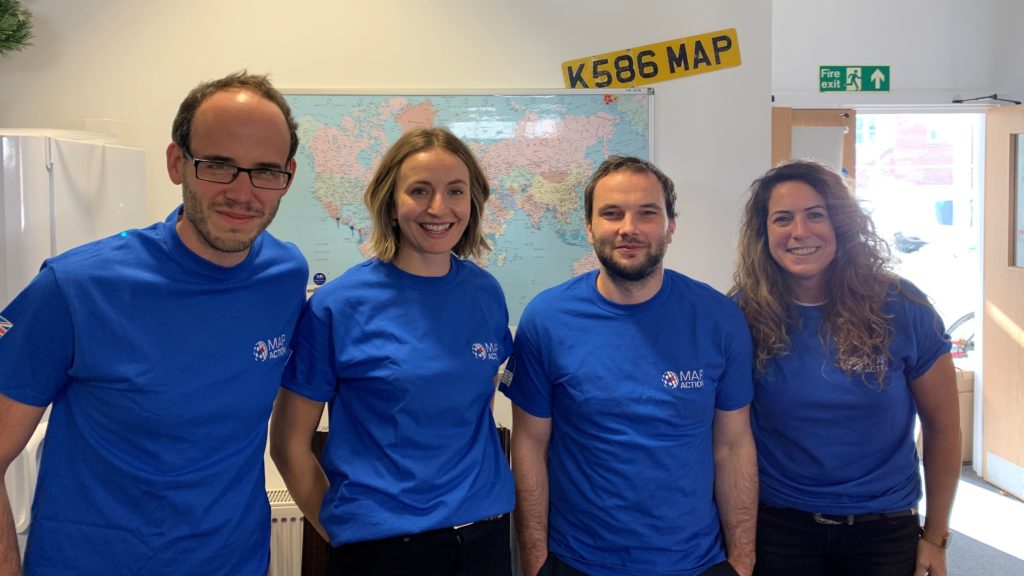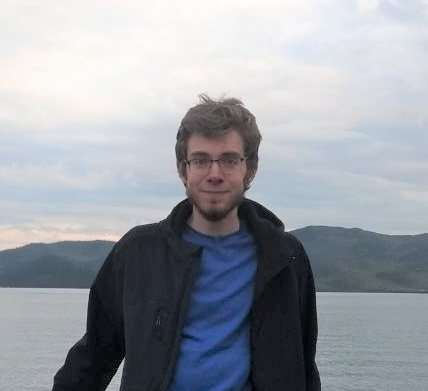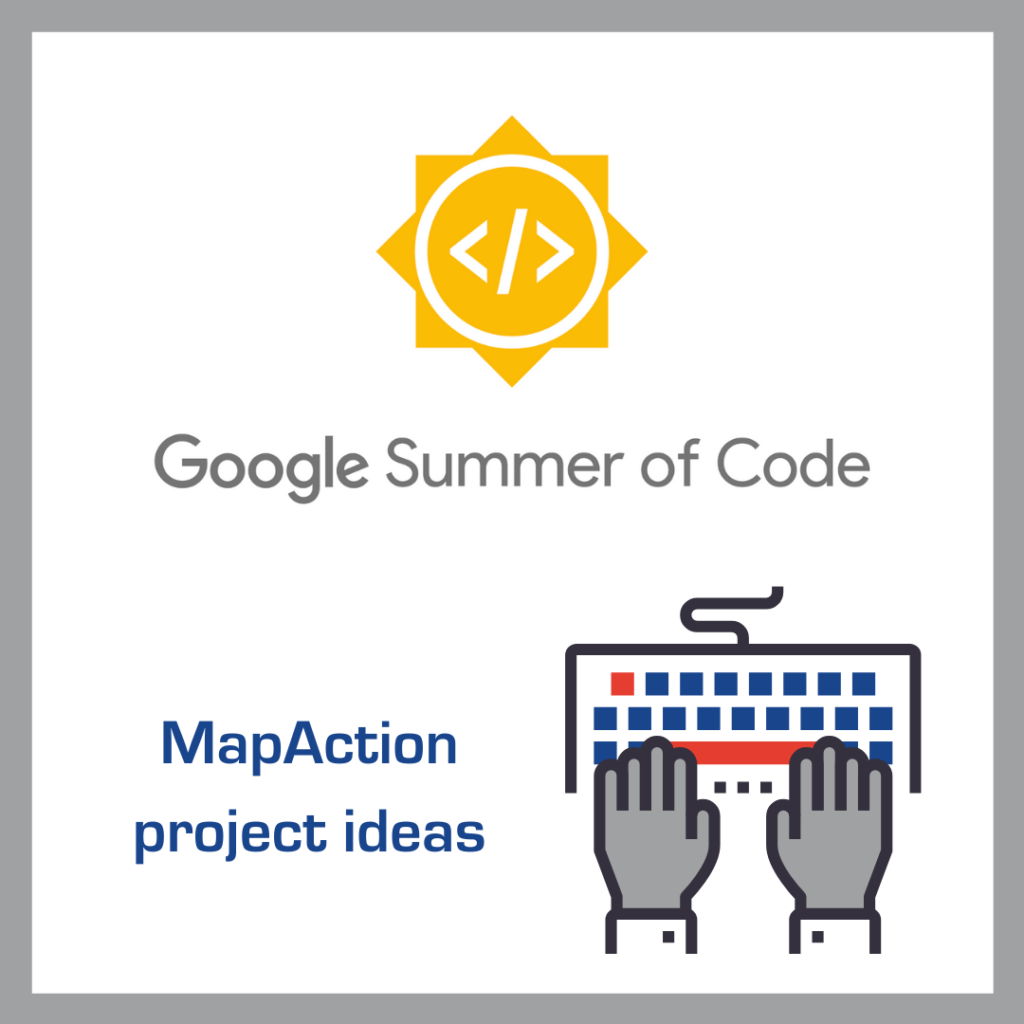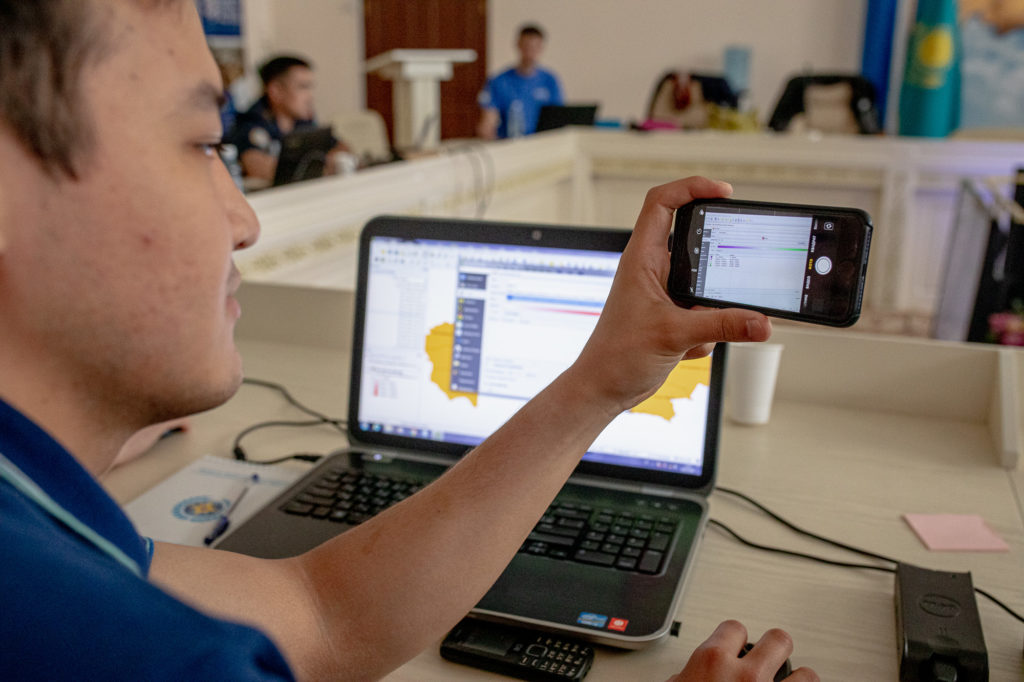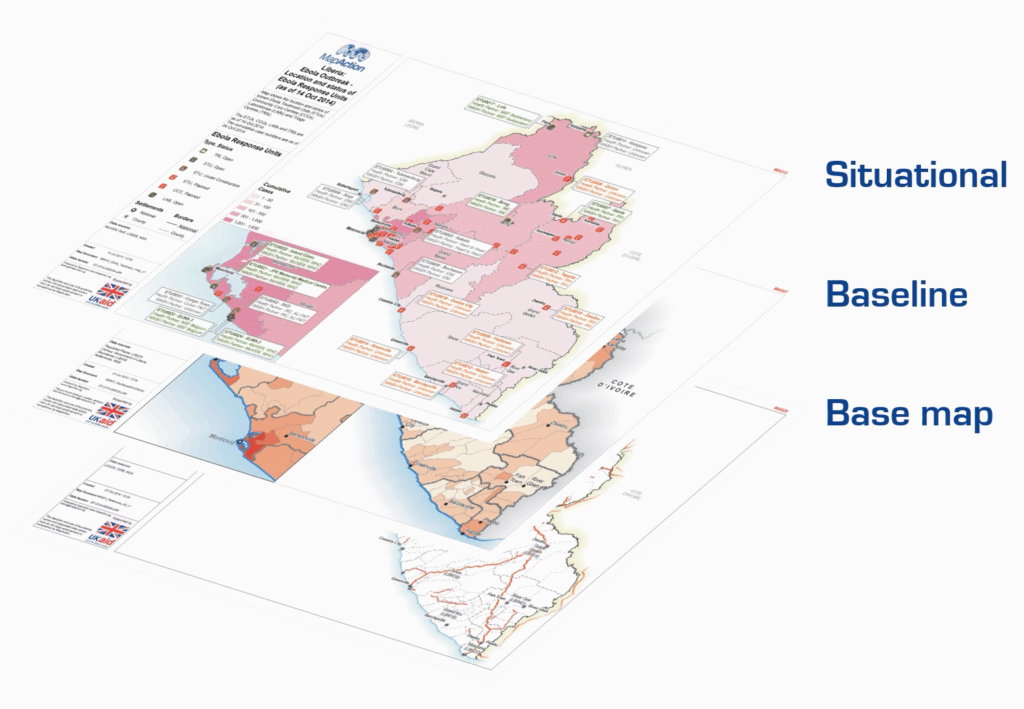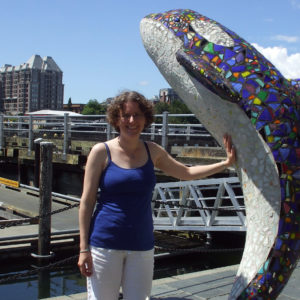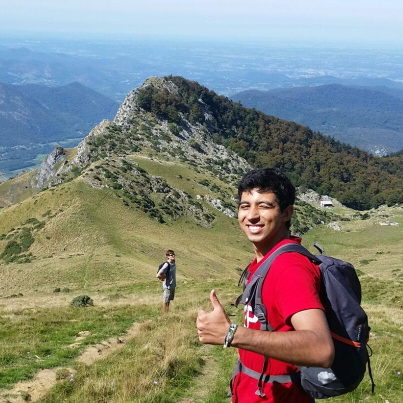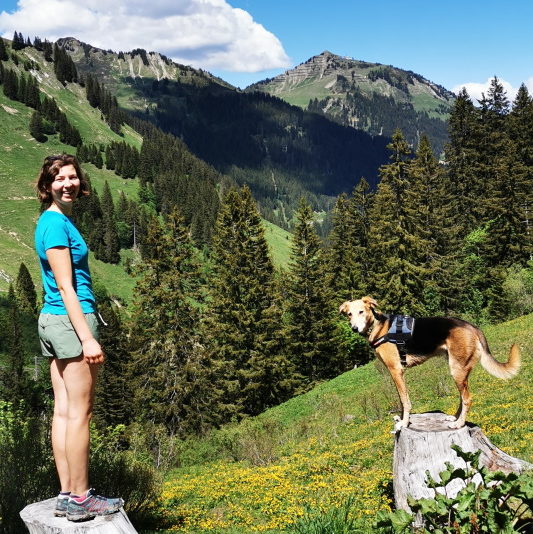One of our volunteers, Steve Hurst, shares his experience…
When I went travelling back in 1996 with my now wife, I had the realisation I wanted to somehow be involved in humanitarian work. For many years, this never came to fruition as I liked my hometown in Dorset and was enjoying (and continue to enjoy!) a fulfilling career in software development at the OS.
However, in 2015 when you could argue my mid-life crisis kicked in, I began looking for a volunteering opportunity within a charity. I wanted to find somewhere I could apply software skills I had acquired through project work here at OS.
I came across MapAction and, after discovering their long-standing relationship with OS, it was obvious; MapAction was the perfect fit.
At this point in time, I was delighted to discover that MapAction needed experts in GIS (Geographic Information System) and geospatial software development. I applied and, after a rigorous selection process and interview, I joined MapAction in March 2016 as part of their small Software Development Group.
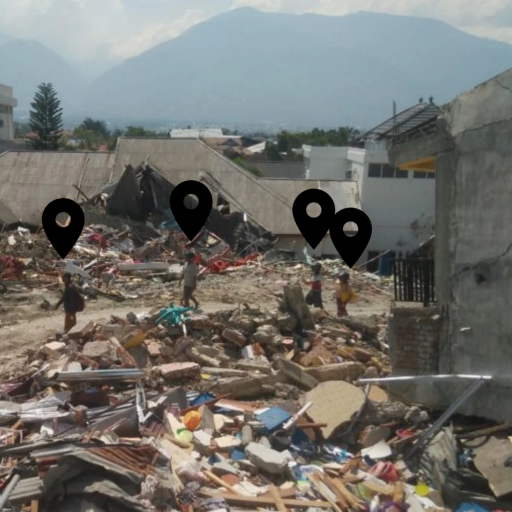
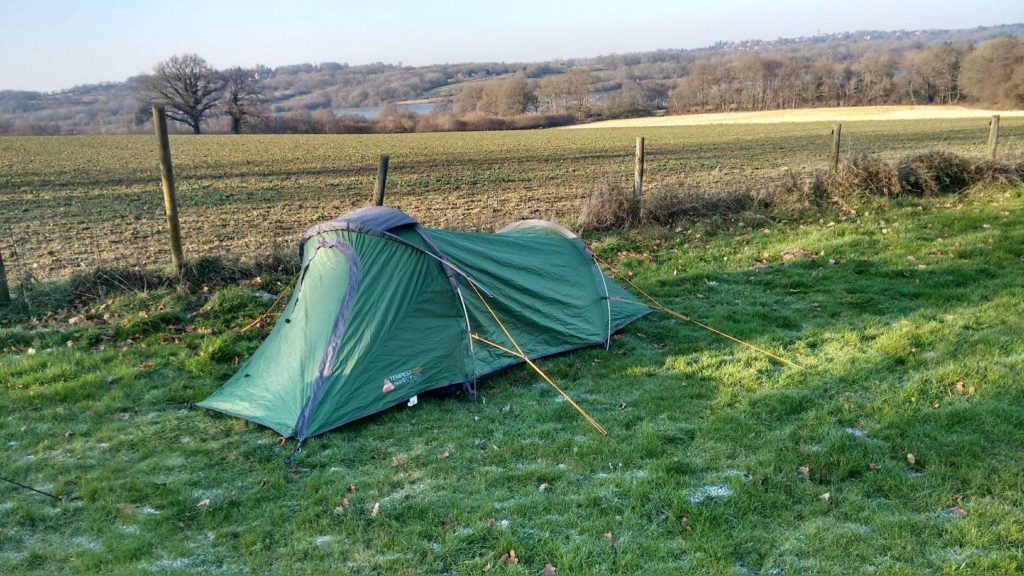
Every month there is either a team training weekend or a development day. They cover soft skills, GIS techniques, software skills, information management and first aid. However, I’ve also been taught how to negotiate with the military and heard from guest speakers representing organisations such as Save the Children, the World Food Program and UNOCHA which offers updates on crises around the world from people ‘on the ground’ with first hand perspectives.
The team
MapAction volunteers are not only trained in GIS, but also in how the humanitarian system works. Many aid agencies have their own GIS experts, but they can’t always deploy in the first response phase. Even if they are in-country, they are there to support their own organisation’s needs first, whilst MapAction provides a mapping service to anyone who needs it be that charities, government agencies or relief organisations. MapAction is often the lead mapping cell for the central response coordinator.
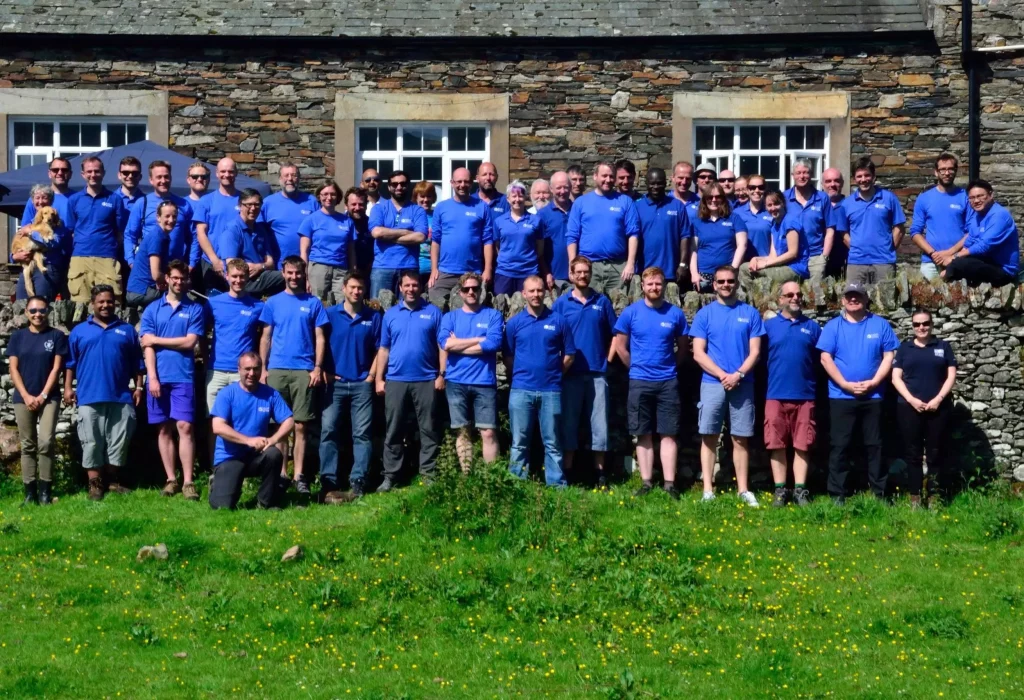
As well as responding to sudden onset events, MapAction provide training courses and simulation exercises by providing mapping support and humanitarian mapping workshops to other humanitarian organisations. To name a few, this year MapAction teams have empowered regional and national agencies to be better equipped by providing preparation training in Azerbaijan, Kazakhstan, Iraq, Thailand and the Caribbean.
My role
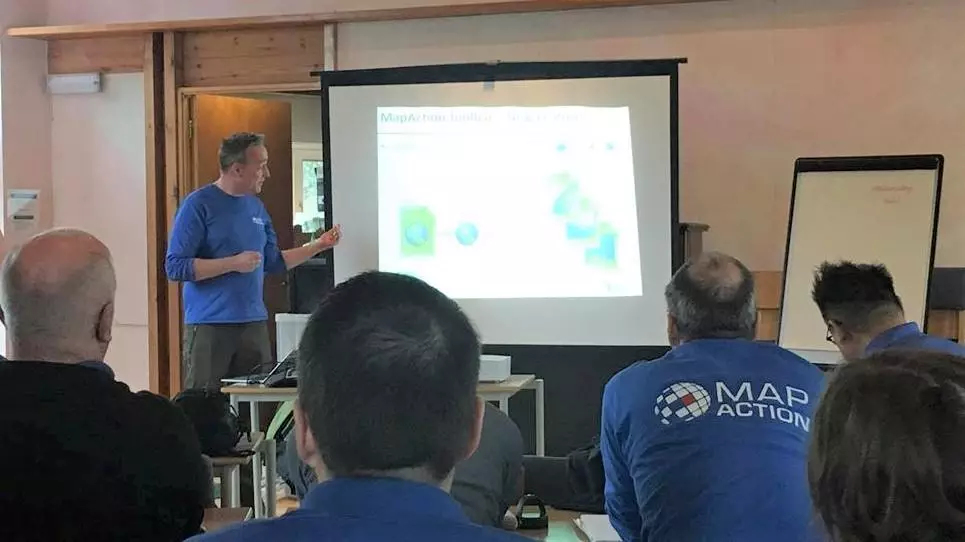
When I joined MapAction my children were a lot younger, so I have only recently marked myself as ‘deployable’. So although I haven’t deployed yet (which makes me feel slightly like an imposter), I am happy knowing the work I have been able to do from this country has been beneficial to the overall cause.
I have extended and improved MapAction’s GIS tools, meaning that the deployed teams are more effective in the field.
I have developed a menu-driven automated map generation tool. This builds on an existing structured ‘crash move folder’ containing standardised layers of data. Using pre-defined definitions from the MapAction’s Map Catalogue, it builds base maps in seconds rather than hours.
I’m particularly proud of this and am delighted to say there has been a great deal of enthusiasm from the team. One volunteer said they’d been wanting it for years and another sent an email to say how awesome it was. It was because of my work on this tool that I was given the ‘Volunteer of the Year’ award in 2019. It’s been incredibly rewarding.
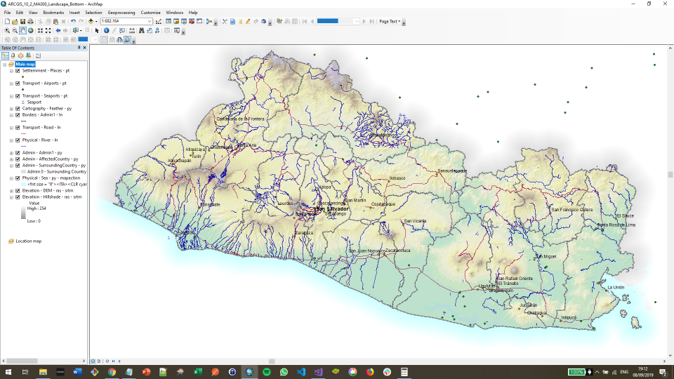
Screenshot showing the results of the MapAction Automation tool.
There are so many positives to being a MapAction volunteer. It’s long been recognised that volunteering improves one’s mental health and being a MapAction volunteer gives employees a chance to boost their own wellbeing by giving something back by using skills gained in the office.
This article was written by Steve Hurst and originally published on the Ordnance Survey website.
MapAction has received long term support from Ordnance Survey (OS) since 2006. In addition to donations, OS also allows its employees to take 10 days volunteer leave.
MapAction and OS have also worked closely on influencing the international agenda at the UNGGIM (United Nations Committee of Experts on Global Geospatial Information Management), successfully lobbying for the availability of crucial geospatial data in the aftermath of a humanitarian disaster.

